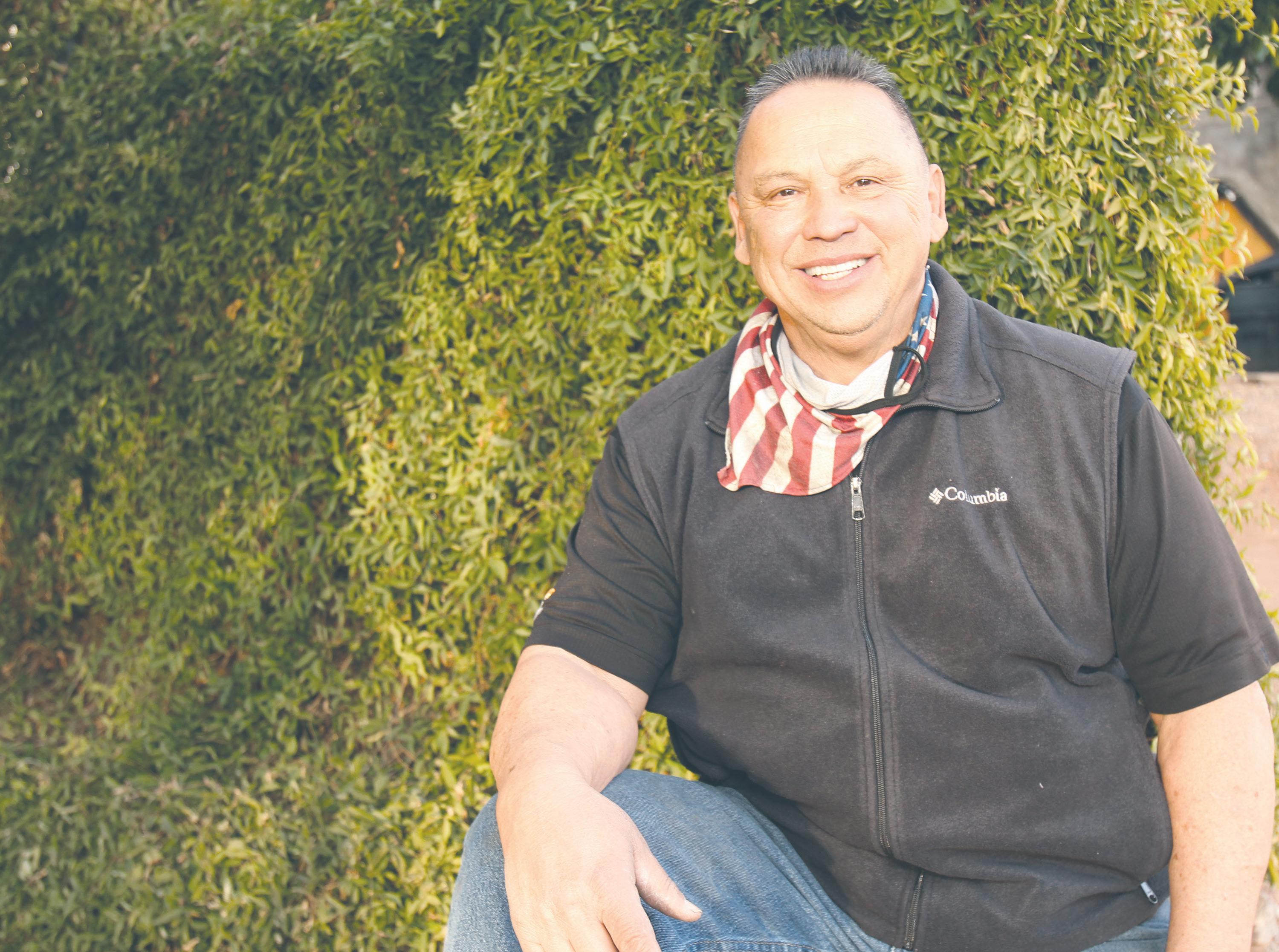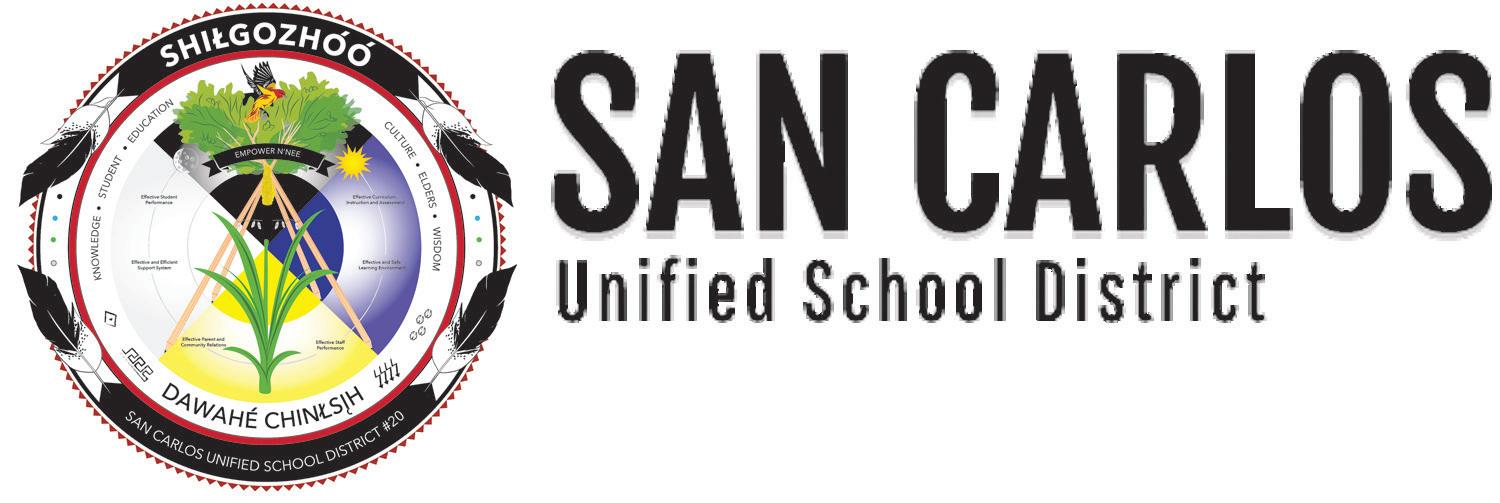
8 minute read
Opinion: Black History Month Is for All of Us
February 2021 5 BLACK HISTORY MONTH IS FOR ALL OF US
BY PATRICIA SANDERS
Last winter, I got to have the “math” talk with my 12-year-old niece. Phoebe was going over her class schedule for the spring and, like probably every 12-year-old on the planet, she was complaining about having to take math. Didn’t see the point. Math has nothing to do with her life, she said.
I don’t think she realized she was complaining to the wrong person.
What I told her was, “I get it. In your life, you have no use for math. Except maybe someday you’ll be redecorating your room and you’ll need to calculate how much paint or carpet to buy. Then you’ll be glad you know a little algebra.”
“But that’s not why you study math,” I told her.
You don’t study math – or really anything – for how it’s relevant to your life now. You study things for how they can change your life.
“Once you know math,” I said, “everything changes. Now you can become a scientist, or an engineer, an accountant, and lots of other things you don’t even know about yet, that weren’t possible before.”
With learning, huge new doors open up in the world. You can understand so much more, and be so much more than you could before.
I told Phoebe she was right: Math isn’t relevant to who you are. It helps create who you can be.
When I was Phoebe’s age, it was history instead of math that I resisted – it seemed boring and irrelevant. I didn’t see how studying something that happened 400 years ago meant anything to my life.
It was only much later, looking back from the vantage point of the adult I became, that I realized how much the history I learned, as boring as it seemed, was building my sense of who I am. By studying American history, I became more of an American, and I thought of myself more as an American. By studying world history, I felt more part of the whole human race. If I had studied, say, French history, I probably would have felt tied to the French culture.
That’s only clear looking back, though. At the time, bored to death, I hated those classes. But they changed me nonetheless.
It’s not so much that studying history makes it possible for a person to become a historian, the way math makes it possible to become a scientist. It’s bigger than that. Learning history makes it possible for people to become responsible, knowledgeable members of the community they learn the history of.
History builds identity, belonging, and citizenship.
Lately, the notion of Black History Month has been in the news. Some people are challenging the value and relevance of it. I can understand why people might yawn. Even if you’re a history buff – and not everybody is – Black history might seem automatically irrelevant – unless, of course, you are Black.
I felt that way, myself, in school. I remember learning about Rosa Parks, George Washington Carver, and Martin Luther King Jr., and thinking, “That’s great for them, but it has nothing to do with me.” Learning about Black history definitely did not cause me to feel identity, belonging, or citizenship in the Black community. It just made me yawn.
It was decades before I began to learn a little more ... and then a lot more ... and finally realized that Black history is my history – it’s our history. Black history is American history.
I say that for a lot of reasons. For one, because America has always, from the very beginning, included a large Black population. For another, because that population has always – from the beginning – played a central role in America’s economy, growth, arts, culture, politics, science, and social fabric.
And for another, because also from the very beginning, racial division has been America’s wound – its greatest weakness, its Achilles’ heel. That wound has remained unhealed all along, causing pain, suffering, and strife. And if racial division has been a wound, racism itself has been a disease. Racism has continued to fester. It hasn’t gotten “better,” it has only changed forms.
For these reasons, American history that leaves out Black history is a farce and a fantasy. It isn’t possible to understand America’s story without understanding the part that Black people have played – and the central part that race, racism, and white supremacy have played.
And if we don’t understand the past – the full story of the past – we have no chance of making a better future. General ignorance of Black history is considered to be one of the largest causes of current racial problems in America. In other words, if we really want to solve racial problems and heal that age-old wound, studying Black history is a great way to start.
Black people’s current pain and anger make sense once you know about what generations of Black Americans have had to suffer – and still suffer: things like Redemption, Tulsa, Rosewood, redlining, stop-and-frisk, and felonization. But Black history isn’t just about slavery and oppression – because Black people’s lives and histories are much more than that. Writers like Maya Angelou, James Baldwin, and Audre Lord can speak to everyone. And the struggles of Black people for freedom, equality, dignity, and respect resonate in the human soul – those longings belong to everyone. Learning Black history helps us understand ourselves as human beings – and feel belonging in the whole human family. For that matter, studying history without Black history cuts history off at the root. That’s because humans originated in Africa, and until around 100,000 years ago, all humans had dark skin. As Carter G. Woodson put it, “All history begins with Black history.” (Woodson, the originator of Black History Month, was the son of slaves and became the second African American to earn a Ph.D. from Harvard, in 1912. W.E.B. Du Bois was the first. Black History Month has existed since 1926.) It’s understandable why racist bigots wouldn’t want to learn about Black history and don’t support Black History Month. Someone who feels superior to Black people, who wants to see them as inferior, naturally wouldn’t be very interested in knowing about their accomplishments and potential. Someone who doesn’t believe in Black people’s humanity obviously won’t consider it worthwhile to learn their stories. Not knowing about past patterns of inequality and oppression makes it easier to ignore or justify current ones.
Not knowing about Black culture and achievements makes it easier to rationalize white supremacy.
Not knowing how your own life, your affluence, and your freedoms rest on the sacrifices of people you look down on makes it so much easier to maintain an arrogant self-satisfaction.
And of course, if you were a person like this, you wouldn’t want anyone else to know these things, either. Certainly not your children.
There are some good arguments to be made against Black History Month. Separating Black history from “regular” history carries uncomfortable echoes of segregation and marginalizes Black experience. As taught, Black History Month often oversimplifies the subject and lacks context or depth (as it did in my classes). Often, lessons end with the Civil Rights Movement, which can leave students with the erroneous (but convenient) belief that America’s racial problems have been solved.
Black history really should be taught every day, right along with the rest of history. Because it’s all one thing, all one story.
But we don’t have that. We don’t have it for the same reason that people still get upset about Black History Month – even though it’s been around since 1926. When Black History Month stops being an issue, we won’t need it anymore.
Then we’ll just have “history” – all of our history – which in reality is all we’ve ever had. u
Photo by Stephanie Valencia. Unsplash.com
Your Hometown Dealer




In Historic Downtown Globe 910 North Broad Street (928) 425-4491







STOCK #14113




















